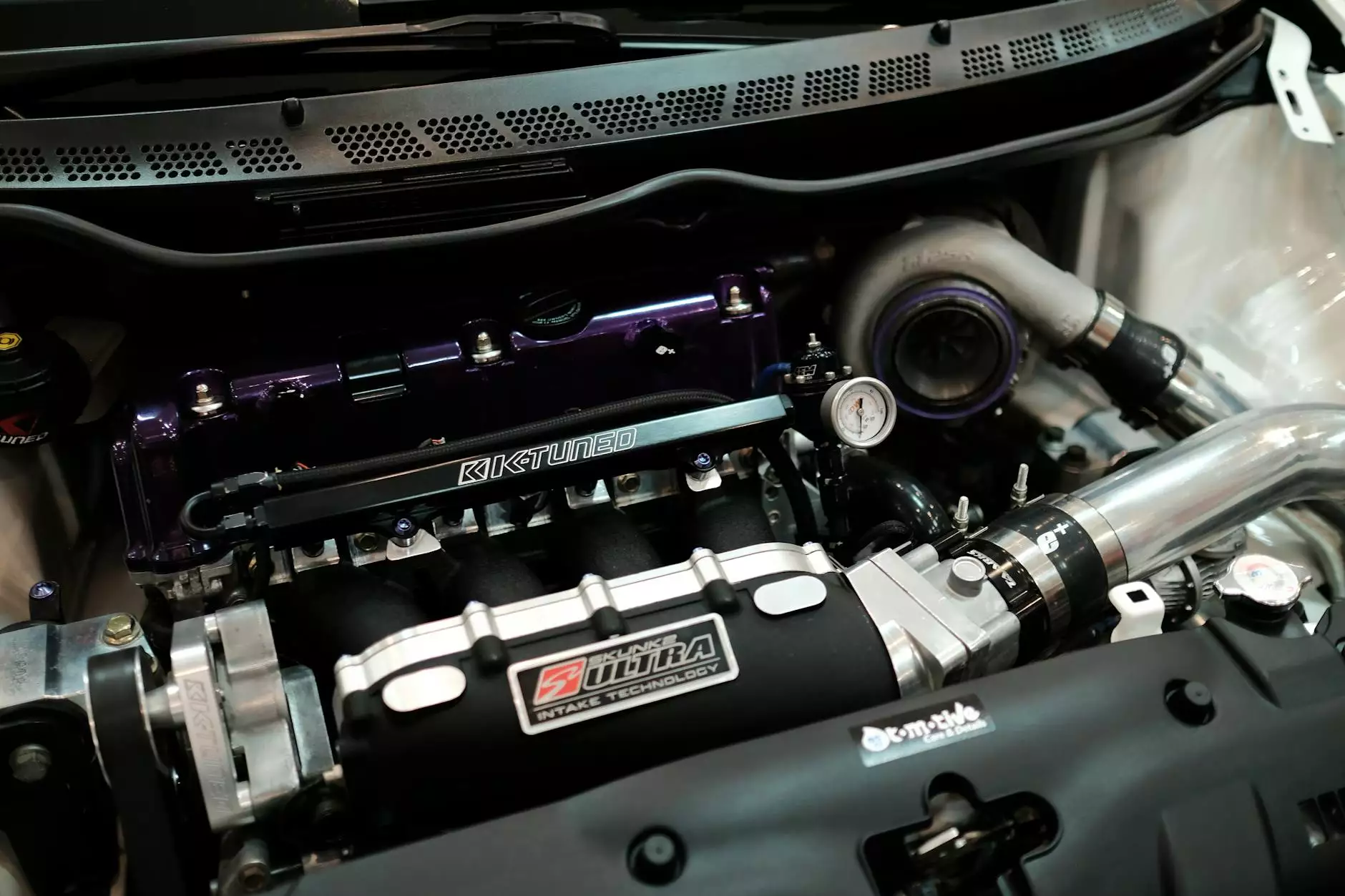Understanding the Importance of Automatic Transmission Torque Converters

In the realm of automotive engineering, few components are as crucial yet often overlooked as the automatic transmission torque converter. This component plays a significant role in the functionality and efficiency of vehicles equipped with automatic transmissions.
What is a Torque Converter?
A torque converter is a hydraulic device that transfers power from the engine to the transmission. Unlike a traditional clutch found in manual transmissions, a torque converter allows for smooth acceleration and deceleration, even when stopping and starting. Understanding its mechanics is vital for any vehicle owner who wishes to maintain optimal performance.
How Does an Automatic Transmission Torque Converter Work?
At its core, a torque converter consists of three main components:
- Impeller - The impeller, connected to the engine, spins while the engine runs, creating centrifugal force.
- Turbine - The turbine is connected to the transmission and receives fluid from the impeller, converting energy into mechanical energy.
- Stator - The stator redirects fluid returning from the turbine back to the impeller, enhancing efficiency.
This system of components works together, using hydraulic fluid to enable a smooth transition of power from the engine to the wheels without the need for manual shifting.
Types of Torque Converters
There are several types of torque converters, each designed to meet different performance needs:
- Standard Torque Converter - Typically found in most vehicles, optimizing for fuel efficiency and smooth driving.
- High-Performance Torque Converter - Designed for racing or performance vehicles, allowing higher RPMs and quicker acceleration.
- Lock-up Torque Converter - Incorporates a lock-up clutch, improving fuel economy by eliminating slip at cruising speeds.
The Benefits of Having a Quality Torque Converter
A well-functioning automatic transmission torque converter offers several advantages:
- Smooth Acceleration: It enables seamless power delivery, reducing the feeling of "slipping" typically associated with manual gear shifts.
- Improved Fuel Efficiency: By optimizing engine performance through effective power transfer, torque converters can enhance fuel efficiency.
- Increased Longevity: Quality torque converters can extend the life of your transmission by transmitting power more effectively, reducing wear.
Maintaining Your Torque Converter
Like all vehicle components, torque converters require regular maintenance to ensure optimal performance. Here are some tips:
- Regular Fluid Checks: Fluid levels should be checked and changed according to the manufacturer’s recommendations.
- Watch for Overheating: Signs of overheating may indicate issues within the torque converter or transmission system.
- Annual Inspections: Have certified technicians inspect the torque converter and transmission annually for potential issues.
Signs Your Torque Converter May Be Failing
Recognizing the signs of a failing torque converter is crucial for maintaining vehicle performance:
- Slipping: If the engine revs without corresponding acceleration, it may signal a problem.
- Overheating: Excessive heat can lead to fluid breakdown, resulting in significant damage.
- Strange Noises: Unusual noises, such as grinding or whining, can indicate internal issues.
Choosing the Right Torque Converter for Your Vehicle
When selecting a torque converter, consider the following:
- Vehicle Type: Different vehicles have varying needs; for instance, performance vehicles may require high-performance converters.
- Driving Habits: Evaluate whether you primarily drive in the city, on highways, or in off-road conditions.
- Professional Advice: Consult with a mechanic or an automotive specialist to ensure compatibility and optimal performance.
The Future of Torque Converters
As technology progresses, torque converters are becoming increasingly sophisticated. Future advancements are expected to include:
- Hybrid Torque Converters: Integrating electric components to improve efficiency and reduce emissions.
- Smart Torque Converters: Using sensors and computer systems to adapt performance based on driving conditions in real-time.
- Enhanced Durability: Engineering materials and designs that extend the lifespan and reliability of torque converters.
The Importance of Professional Installation
While DIY enthusiasts might consider installing a torque converter themselves, professional installation is highly recommended. Expert technicians ensure:
- Proper Alignment: Ensuring correct alignment between the torque converter and engine is essential for optimal performance.
- Fluid Level Management: Professional installations include handler checks of fluid levels to prevent future problems.
- Comprehensive Testing: Mechanics can conduct performance tests to confirm everything is functioning as expected.
Conclusion
In summary, the automatic transmission torque converter is an indispensable component of modern vehicles. Its ability to facilitate smooth power transfer and enhance efficiency cannot be underestimated. Whether you're a casual driver or a performance enthusiast, understanding the dynamics of your vehicle's torque converter can lead to significantly improved driving experiences.
For those looking to buy high-quality auto parts, including torque converters, Shenghai Auto Parts offers an extensive range of products that cater to all automotive needs. By prioritizing the best components, you are investing not only in the performance of your vehicle but also in your safety and satisfaction on the road.









